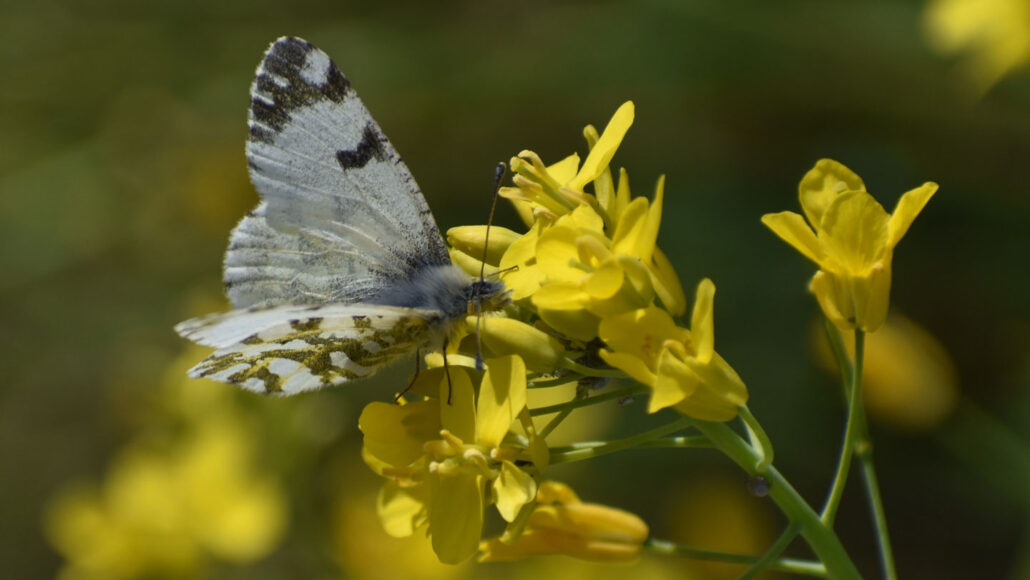HOME
Non-scents: Pollution can confuse pollinators’ sniffers

Bees and other pollinators use scents to track down fresh flowers. Air pollutants can weaken or even scramble those scents. Scientists had worried that this might make it harder for some pollinators to find a meal. And indeed, a new study concludes, in some cases it could quadruple the pollinators’ effort.
Many animals help pollinate plants. They do this by bringing grains of pollen from one plant’s male parts to the female parts of another plant. Species that do this include bees, butterflies, moths and beetles. But for many reasons, the pollinators available to help plants in this way have been declining. Scientists think that a loss of habitat — good places to live — could be one factor. Diseases, parasites and exposure to certain pesticides also may be playing some role.
Jose Fuentes points to air pollution as yet another possible factor. He’s an atmospheric scientist at Pennsylvania State University in University Park. In an earlier study, he showed that some air pollutants could weaken or destroy scents given off by flowers. If the pollinators can’t smell the blooms, they may have to bumble around longer searching for lunch.
Foraging for a meal leaves pollinators out in the open and at risk of becoming some other animal’s lunch. And any time spent hunting food is time away from their duties back home, such as protecting a hive or nest, explains T’ai Roulston. He is an insect biologist at the University of Virginia in Charlottesville. Roulston worked with Fuentes on the new study.
News Source